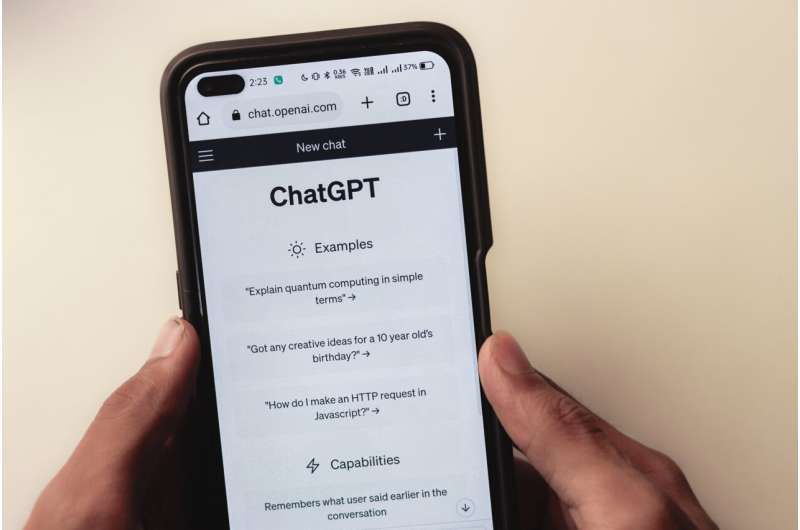Credit: Sanket Mishra from Pexels
Researchers from Eindhoven University of Technology and the Catharina Hospital in Eindhoven have developed a new algorithm for the rapid screening for COVID-19. The software is intended for use in Emergency Rooms, to quickly exclude the presence of corona in incoming patients. As a result, doctors need to conduct fewer standard coronavirus tests, increasing efficiency. The quick scan for COVID-19 was developed within three months and is already being used by doctors in the Emergency Room (ER) of the Catharina Hospital.
At the peak of the coronary pandemic, ER doctors at the Catharina Hospital approached the researchers asking whether they knew of any tests for COVID-19 that were faster than the standard PCR test. Knowing quickly whether ER patients are coronapositive or not is vital: once diagnosed with COVID-19, they have to be isolated immediately, and staff need to take extra measures to protect themselves.
"To answer this question, we looked at the information we already had," explains Arjen-Kars Boer, clinical chemist at Catharina Hospital and parttime researcher at TU/e. "All patients entering the ER routinely undergo a so-called quick scan, which tests blood for no less than 30 different values. We wondered whether there were subtle changes in the blood samples that are also characteristic of COVID-19. We tried to find an instantly recognizable barcode, so to speak. And, as it turned out, we were able to find one!"
In order to develop the algorithm, the blood values of more than 10,000 patients in the ER had to be digitized. Which was a painstaking and laborious process in itself. Then artificial intelligence was used to draw the right conclusions from that overwhelming amount of data. "We looked for the smallest set of results that makes a good prediction," says Ruben Deneer, researcher at the department of Biomedical Engineering at TU/e and a specialist in the application of AI and statistics on health data. He temporarily halted his Ph.D. research for three months to be able to do this research. "Eventually, we managed to identify ten laboratory tests that together form the best predictors of COVID-19."
The new tool is already being used in the Catharina Hospital, allowing doctors to work more efficiently. Because corona can immediately be excluded for a number of patients, these patients no longer have to take the standard PCR test. Moreover, the new tool detects corona symptoms in the blood of people who, because they have no recognizable symptoms, are not tested for corona. They will then still be given a PCR test. The researchers emphasize that the quick-scan is not a replacement for the PCR test, but an additional tool.
Boer and Deneer are very happy with the quick result. "From idea to implementation in three months, that's an extreme pressure cooker. Developing such a tool in such a short time is truly unique. In the whole world this has not yet been described in the literature," says Boer.
The next step is to see if this algorithm can also be applied in other hospitals. That will take some time, because each hospital carries out different ER tests, and uses different testing equipment. But according to both researchers, it is only a matter of time before other hospitals adopt over the tool.
Provided by Eindhoven University of Technology
























